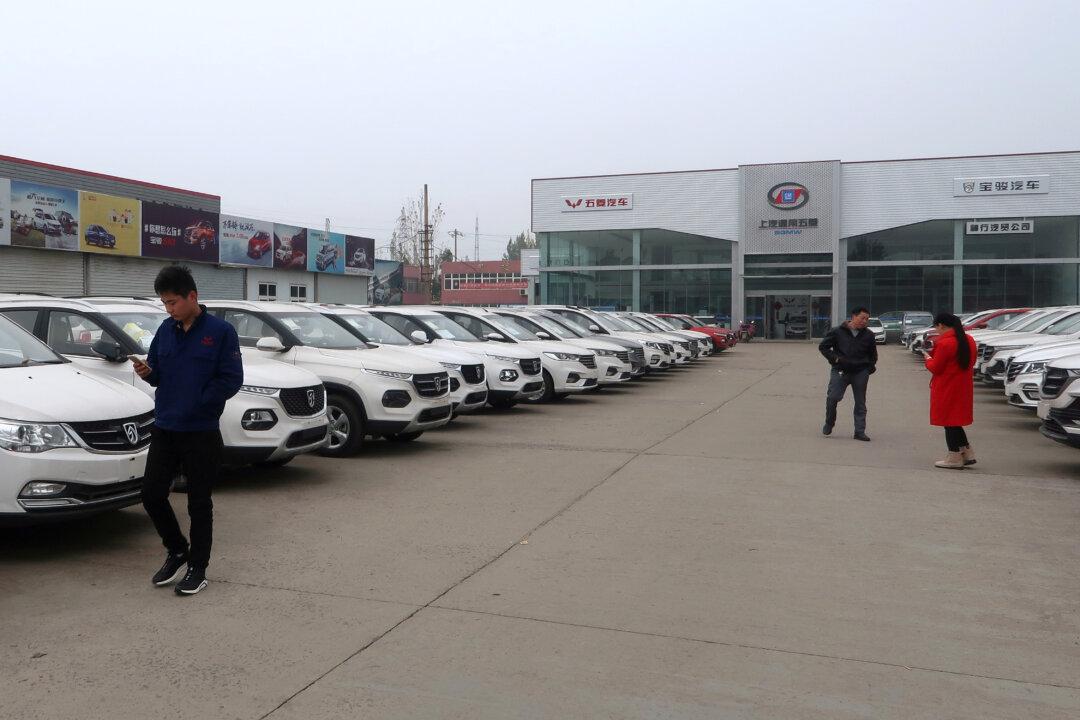PINGDINGSHAN, China—When Cao Jun, 40, an engineer from the central Chinese city of Pingdingshan, takes his old, grey MG 3 car to be serviced, he always steals a few moments to pop into the Nissan and Honda dealerships next door.
But the Civic and Sylphy sedans in the showrooms are just eye candy. Cao wants to upgrade his car, but he’s facing a steep loan repayment on his flat, medical bills for his wife and a tough local economy in his once-prosperous coal town.





